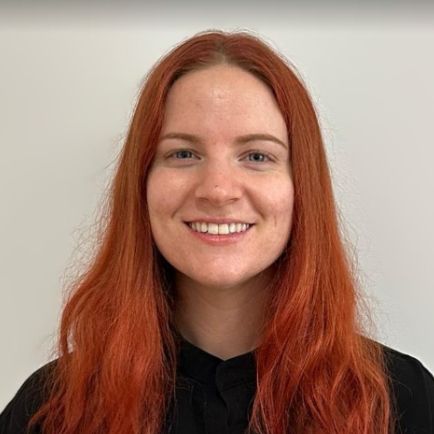Anorexia nervosa is more than a desire to lose weight—it’s a serious mental health condition that can significantly impact physical and emotional well-being. If you're preoccupied with food, body size, or avoiding weight gain to the point that it disrupts your daily life, you may be experiencing anorexia.
You might not look underweight or “sick enough” in your own eyes, but eating disorders are not defined by appearance. Emotional distress, rigid food rules, and obsessive thoughts about weight can be just as harmful, regardless of size.
Signs to watch for:
- Extreme restriction of food intake
- Intense fear of gaining weight or becoming "fat"
- Distorted body image or denial about low weight
- Excessive exercise or compulsive movement
- Obsessive calorie tracking or label reading
- Isolation or anxiety around meals
If any of these feel familiar, talking to an anorexia therapist can be an important first step in understanding what’s happening and what to do next.
Recognizing the symptoms
Anorexia can affect every part of a person’s life—physically, mentally, and socially. While it often begins with dieting or food restriction, the symptoms go far beyond eating less.
Physical Symptoms
- Rapid weight loss or failure to gain expected weight
- Fatigue, dizziness, or fainting
- Hair thinning or hair loss
- Dry skin and brittle nails
- Always feeling cold, even in warm environments
- Loss of menstruation (in females)
- Gastrointestinal issues like constipation or bloating
- Slow heart rate or low blood pressure
Emotional and Behavioral Symptoms
- Intense fear of weight gain, even when underweight
- Refusing to eat certain foods or entire food groups
- Skipping meals or eating very small portions
- Ritualistic behaviors around food (e.g., cutting food into tiny pieces)
- Preoccupation with weight, calories, or "clean" eating
- Denial of hunger
- Withdrawal from friends or social activities involving food
Symptoms can vary in severity, and someone doesn’t need to display every sign to be struggling. Early detection can significantly improve recovery outcomes.
What do the diagnostic criteria mean?
According to the DSM-5 (Diagnostic and Statistical Manual of Mental Disorders), anorexia nervosa is diagnosed based on the following criteria:
Restriction of energy intake relative to requirements, leading to significantly low body weight.
Intense fear of gaining weight or becoming fat, or persistent behavior that interferes with weight gain.
Distorted perception of body weight or shape, undue influence of body shape on self-evaluation, or denial of the seriousness of current low body weight.
There are two subtypes of anorexia:
- Restricting type: Primarily weight loss through dieting, fasting, or excessive exercise.
- Binge-eating/purging type: Includes episodes of bingeing or purging (vomiting, laxatives, etc.) while still meeting weight criteria.
Understanding these criteria can help you have a more informed conversation with an anorexia nervosa specialist during diagnosis and treatment planning.
Getting diagnosed
Diagnosis of anorexia typically starts with a clinical interview by a licensed mental health professional or medical provider. The process may include:
- Medical evaluation: To assess vital signs, weight history, and organ function
- Psychological assessment: To explore eating habits, body image, mood, and thought patterns
- Lab work or imaging: To check for medical complications (e.g., electrolyte imbalances, low bone density)
A diagnosis doesn’t define who you are—it simply opens the door to getting professional help for anorexia so you can start healing.













